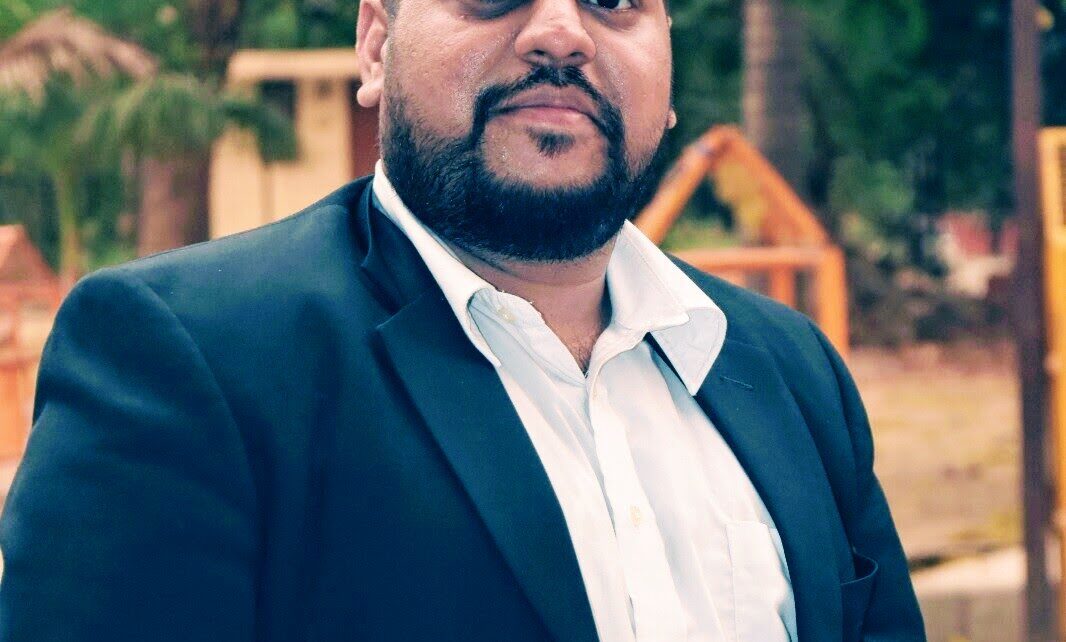In the labyrinth of India’s family courts—where emotions run high and reputations can be undone with a single accusation—a new narrative is quietly gaining momentum: that of men seeking fairness. And behind this shift is a Delhi-based lawyer whose name is steadily rising among those fighting matrimonial battles—Roopenshu Pratap Singh.
When one walks into the family court corridors in Saket, or observes arguments unfolding at the Delhi High Court, it isn’t hard to find whispers of a particular advocate who “understands what men go through.” Not a loud campaigner, not one for flamboyant litigation, but a lawyer with a decade-long background in men’s rights activism and a steady record of courtroom diligence.
Singh’s journey began in 2013, not in the courtroom but on the streets and digital forums—as a men’s rights activist. Back then, he was among a growing number of voices raising concern over the misuse of matrimonial laws, particularly Section 498A of the IPC, often referred to in public discourse as a double-edged sword. “Men were being labelled without trial, families were being dragged into cases without proper evidence,” Singh once remarked during a panel discussion.
It wasn’t long before his activism found a natural extension in law. After completing his law degree from the University of Delhi, Singh began practicing in 2017. Over the years, he has represented clients across trial courts, the Delhi High Court, and the Supreme Court of India.
“Law gave me the tools to take my activism further,” he says, during a brief conversation at his litigation head office in Mayur Kunj, New Delhi. “It’s one thing to protest and raise awareness. It’s another to stand in court, cite precedent, and get actual relief.”
Until recently, Singh was one of the key partners at BSK Legal (Barua Singh & Kushwaha), a litigation firm known in Delhi’s legal circuit. But in July 2025, Singh launched his independent venture: Samaanta Law Firm (SLF), where he now serves as Managing Head. While the name and banner have changed, the mission hasn’t. “The idea is balance—Samaanta,” he says. “Justice can’t be tilted, whether in favour of men or women. But when the scale has clearly tipped too far, someone has to step in to restore equilibrium.”
Over the years, Singh has handled hundreds of cases involving matrimonial disputes, including domestic violence petitions, false rape and molestation cases, maintenance battles, false dowry complaints, and child custody matters. But what sets him apart, many say, is his research-intensive approach and commitment to ensuring due process.
“He doesn’t promise miracles,” shares a client we met outside the Delhi High Court, “but he tells you exactly what the law allows, what evidence you need, and how to keep emotions out of it.”
Singh has also emerged as a strong legal ally for Indian men living abroad—particularly NRIs caught in complex matrimonial litigation in India. Whether it involves red-corner notices, passport impoundment issues, or one-sided ex-parte proceedings, Singh and his team are known for efficiently coordinating cross-border legal strategies. “NRI men often face the brunt of legal actions in India without proper notice or representation. Our job is to ensure they are not denied a fair defence simply because of distance,” he explains. His firm frequently handles cases involving mutual consent divorces with overseas jurisdiction, as well as false complaints filed to coerce property settlements.
But Singh’s work isn’t limited to litigation. Over the years, he has built a strong digital and grassroots presence—organising workshops, and offering guidance to men caught in legal and emotional turmoil. His public-facing efforts never use provocative language. Instead, he focuses on legal literacy, emotional support, and procedural clarity.
Now, with SLF taking shape, Singh envisions a more structured support system. The firm operates from two primary locations: the Mayur Kunj office in New Delhi, which serves as its litigation headquarters, and the Gurgaon office, where the firm’s Corporate Law division assists startups and companies with legal compliance, structuring, contracts, and dispute resolution. “We’ve kept the two domains distinct for efficiency and specialization,” Singh explains.
In a society where discussions around men’s issues still remain sensitive, Singh’s steady, constitutional approach stands out. Ask him what drives his commitment after all these years, and Singh points to a simple ideal: justice should be fact-driven, not gender-driven.
With over a decade in activism and eight years in full-time legal practice, Singh represents a rare blend: an advocate who began by amplifying unheard voices and now fights for them in the courtroom.
As the legal system slowly responds to calls for neutrality, it is clear that lawyers like Roopenshu Pratap Singh are playing a pivotal role—not by demanding sympathy for men, but by demanding due process, equal protection, and dignity for all.
And in the quiet corners of Delhi’s courts, that message is beginning to resonate more loudly than ever.




